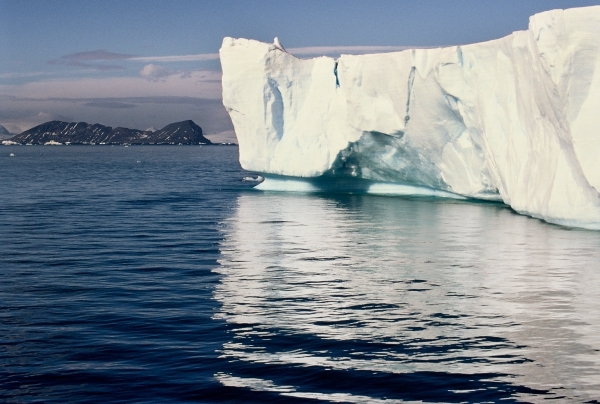PUTNEY — This Independence Day, I celebrated “liberty and justice for all” and Vermont's bold independent-thinking legislators who understand that every bill considered and passed in some way facilitates a transition that must enhance justice for all.
Many of us use the phrase “just transition” without fully understanding all the implications. Some among us live and breathe “just transition” without ever verbalizing the concept.
For example, the term was mentioned perhaps once (maybe twice) during the Vermont Climate Caucus weekly meetings at the State House over this past four-month legislative session - and most likely not in reference to any legislation presented and debated on any topic in the House or Senate.
Yet everything considered and passed exemplifies the concept.
On the other hand, during the so-called first Democratic “debate,” we saw presidential candidates who would have us believe their respective look-alike approaches to just about every issue are the most just and effective for achieving the incremental transitions from past behavior to the ideal future.
* * *
Admittedly, a few of the candidates managed to express a few general concepts in their allotted minute on the urgent transition that is needed from the petroleum paradigm to a carbon-free-energy economy. But there was no time to delve into what a “just transition” might look like, how it might roll out.
Researching their written proposals critically, one finds little depth and understanding of how the transition will face conundrums of balancing scientific admonitions from the Intergovernmental Panel on Climate Change, negotiated political aspirations, climate justice, financial realities, and industry logistical challenges.
For the most part, simplistic sound-bite remedies resonate like cultish mantras emanating from a singular belief in a decades-old try-this-and-see generalized approach.
We must not simply accept their word for it that the proposals are just, effective, and expeditious. Each proposal must be discussed calmly and civilly - away from the food- fight frenzy - with plenty of time to delve deeply into the most urgent crisis to have ever challenged humanity.
The implications of unthinkingly painting ourselves into a climate-and-energy corner are dire if we don't frankly and honestly assess how a just transition from our petroleum paradigm to a carbon-free energy economy might play out.
* * *
The science is clear: tempus fugit. We've run out of time for any more procrastination and half measures.
Inconveniently, we are faced with unfathomable market, economic, and social mayhem if we adopt shallow, knee-jerk solutions that may trigger an unthinkable collapse of this house of cards.
The scenario analyses must be brutally realistic and contingency plans must be created to address the downside “what if” prospects.
It is not just a numbers game - millions, if not billions, of lives hang in the balance. We must consciously critique every aspect of every proposal and be prepared for the worst eventualities if our planning turns out to be insufficient to restore the habitat in which civilization has evolved.
